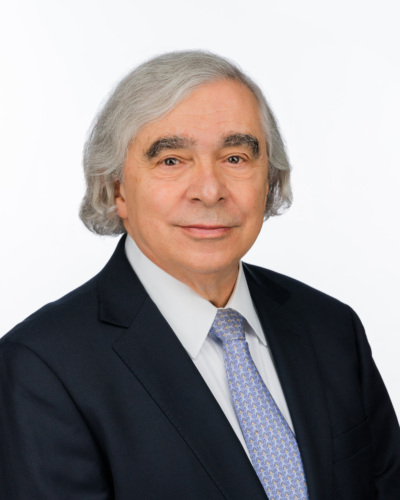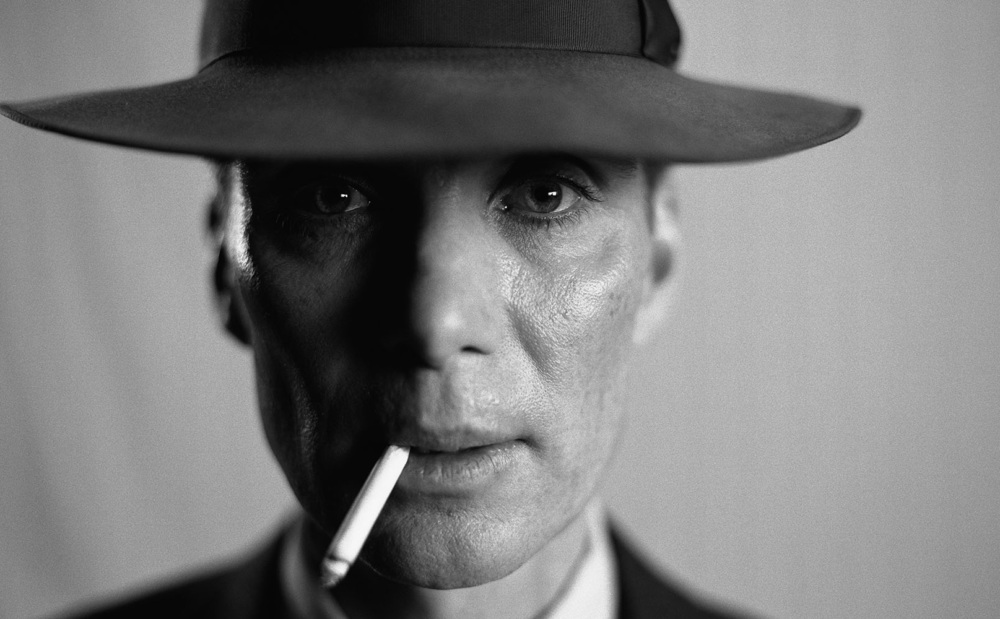
Ernest J. Moniz
Co-Chair and Chief Executive Officer, NTI
WILLIE GEIST: First, the Trump White House has sought to rip out many Obama-era policies from Obamacare to financial regulations to environmental laws, but perhaps none more than the nuclear deal with Iran, which turns two years old today. Joining us now, one of the key architects of the deal, former Energy Secretary for President Barack Obama, current co-chair and CEO of the Nuclear Threat Initiative, Ernest Moniz. Mr. Secretary, welcome. Good to see you this morning.
MR. MONIZ: Thank you. Good to be here.
MR. GEIST: So on the 2-year anniversary you've heard all the criticism, that you unleashed Iran, you gave them money, you — their program continues unabated, where do you believe it stands two years later?
MR. MONIZ: Well, first of all I would say we “leashed” Iran certainly in terms of their nuclear activities, and that was the main objective, it was to remove the existential threat of nuclear weapons. That's been done. We have a substantial amount of time before Iran should cheat. First of all, we have in place incredible transparency steps which are unique so that we will know if they cheat, and if they do then we have much, much more time now to respond. So that was the objective.
We all recognize, we recognized then, we recognize today, we are on the opposite side of Iran on a lot of issues in that region, from Yemen to Lebanon and Syria, human rights, missiles. The deal is about taking the existential threat off the table.
MIKE BARNICLE: So Iran, I think it's a universally held opinion within defense circles and intelligence circles that Iran stirs the pot within the Middle East in terms of terror and increased warfare more than any other nation, and is perhaps the most powerful nation in the Middle East. Why should we then believe that inspectors, on-site inspectors can do the job? Convince me why they should be able — why we should believe that.
MR. MONIZ: Well, first of all, I think the — if you talk to the people, you know, the experts in this arena, in the, let me call it the technical arena of inspections, et cetera, I believe you would find overwhelming support for the idea that this is the gold standard of verification. Again we have absolutely unique elements in there, in fact many of us would aspire to see some of those elements more broadly applied internationally. But Jim Clapper, who was the head of National Intelligence in the Obama administration, he said it very well, he said, look nobody can credibly say there is absolutely 100 percent chance of finding any violation. But he said the bar has been raised incredibly high to find any such violation. The IAEA inspectors have tools that they are using right now that they have in no other context. So we're pretty confident.
RICK TYLER: Mr. Secretary, a lot of these things, gold standard and transparency were all set during the Clinton administration vis-à-vis North Korea. Yet today North Korea as we know has tested nuclear weapons, they're testing — successfully tested an ICBM. And the basis for the Iranian agreement seem to be structured on the North Korean agreement. Why should we believe this agreement is —
MR. MONIZ: I honestly have to say I can't accept that premise, because the North Korean inspections never had the flexibility that they have in Iran. Quite the contrary, they were highly restricted, could only go to places that they wanted to show the inspectors. The Iranian agreement is completely different. The international inspectors can go anywhere in Iran where there is suspicious activity, not just declared sites, and as nowhere else, there was a fixed timeframe for Iran to provide that access or they are in violation of the agreement.
MR. GEIST: Is the team of inspectors, the team of international inspectors, are they based permanently in Iran or did they arrive monthly, weekly and leave, how does it work?
MR. MONIZ: There's a major cadre in Iran. They don't live there, no one inspector lives there all the time, but there is 24/7 between inspectors and between — and with technology to watch all the sensitive places. So frankly the IAEA, the international inspectors, have taken on a very, very big job, much bigger than what they had previously anywhere, but it's a big group of inspectors who are there.
MR. GEIST: All right. Former Energy Secretary, Ernest Moniz, appreciate you being with us this morning, thanks so much.
MR. MONIZ: Thank you.
* * * * *
Sign up for our newsletter to get the latest on nuclear and biological threats.
There is a critical need for a global diplomatic approach to address growing cyber risks, including, where possible, through cooperation between the United States and Russia.
Christopher Nolan's Oppenheimer is the most high-profile film about nuclear weapons ever made.
EASLG leaders Des Browne, Wolfgang Ischinger, Igor Ivanov, Ernest J. Moniz, and Sam Nunn, along with 34 dignitaries from 12 countries, call for all nuclear-weapons states to conduct internal reviews of their nuclear command-and-control and weapons systems.


